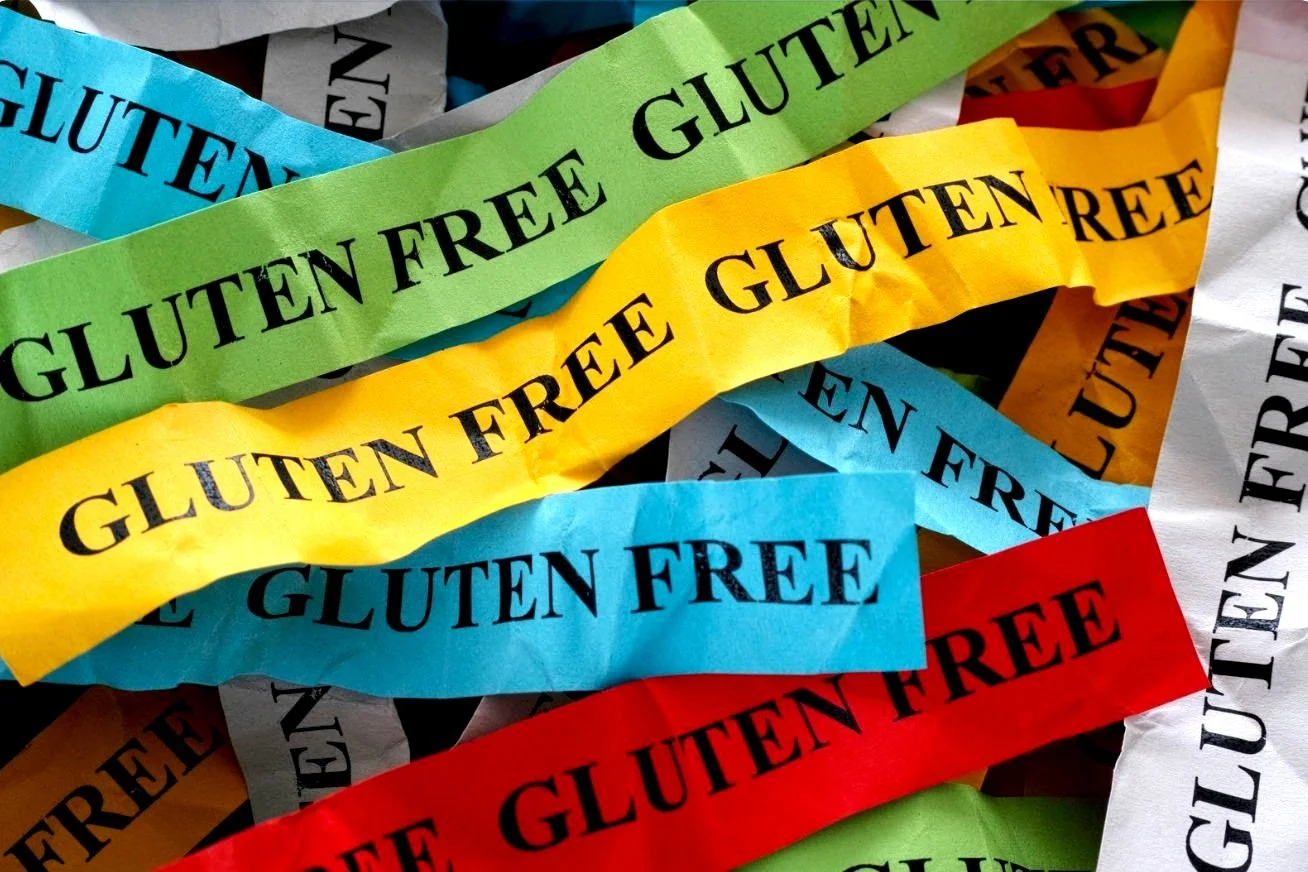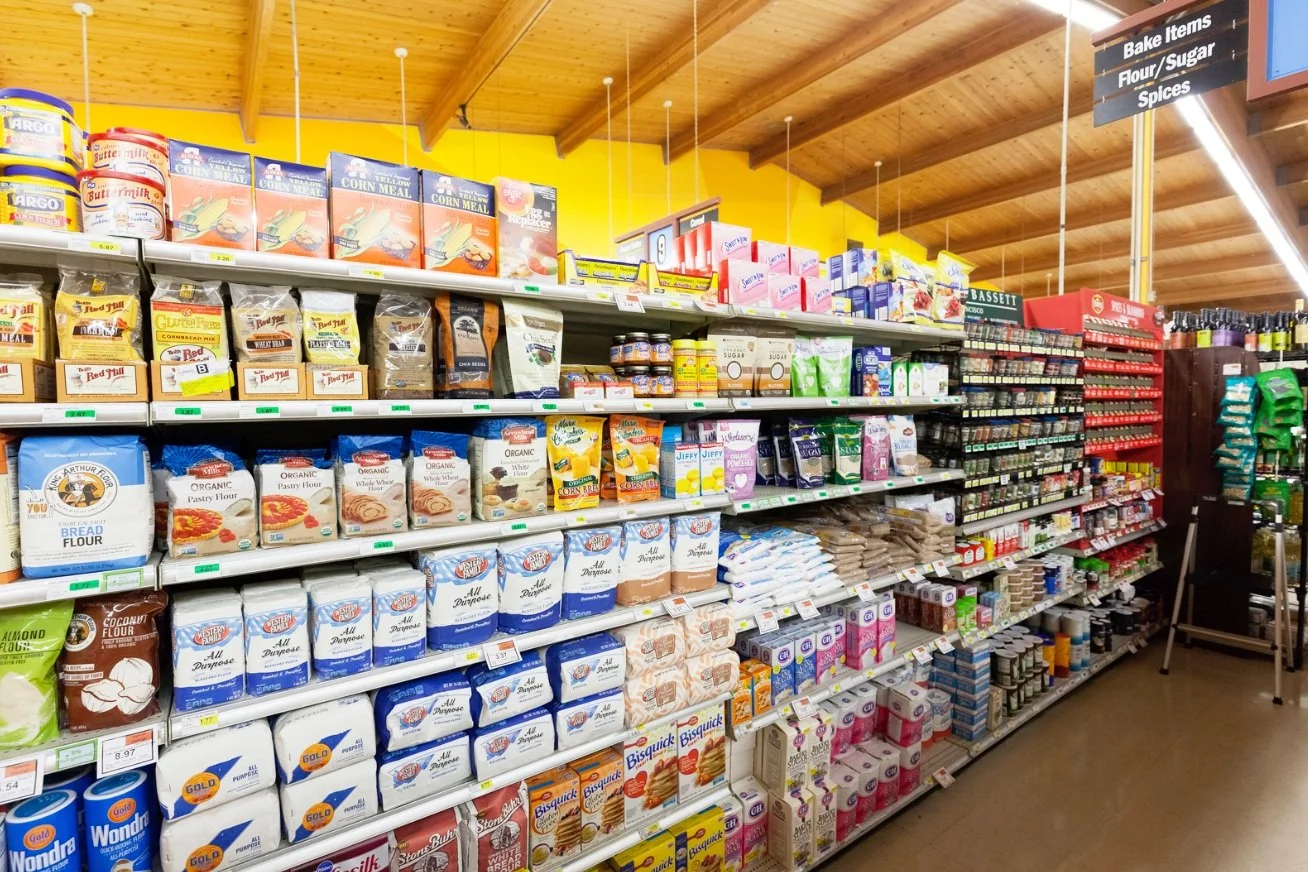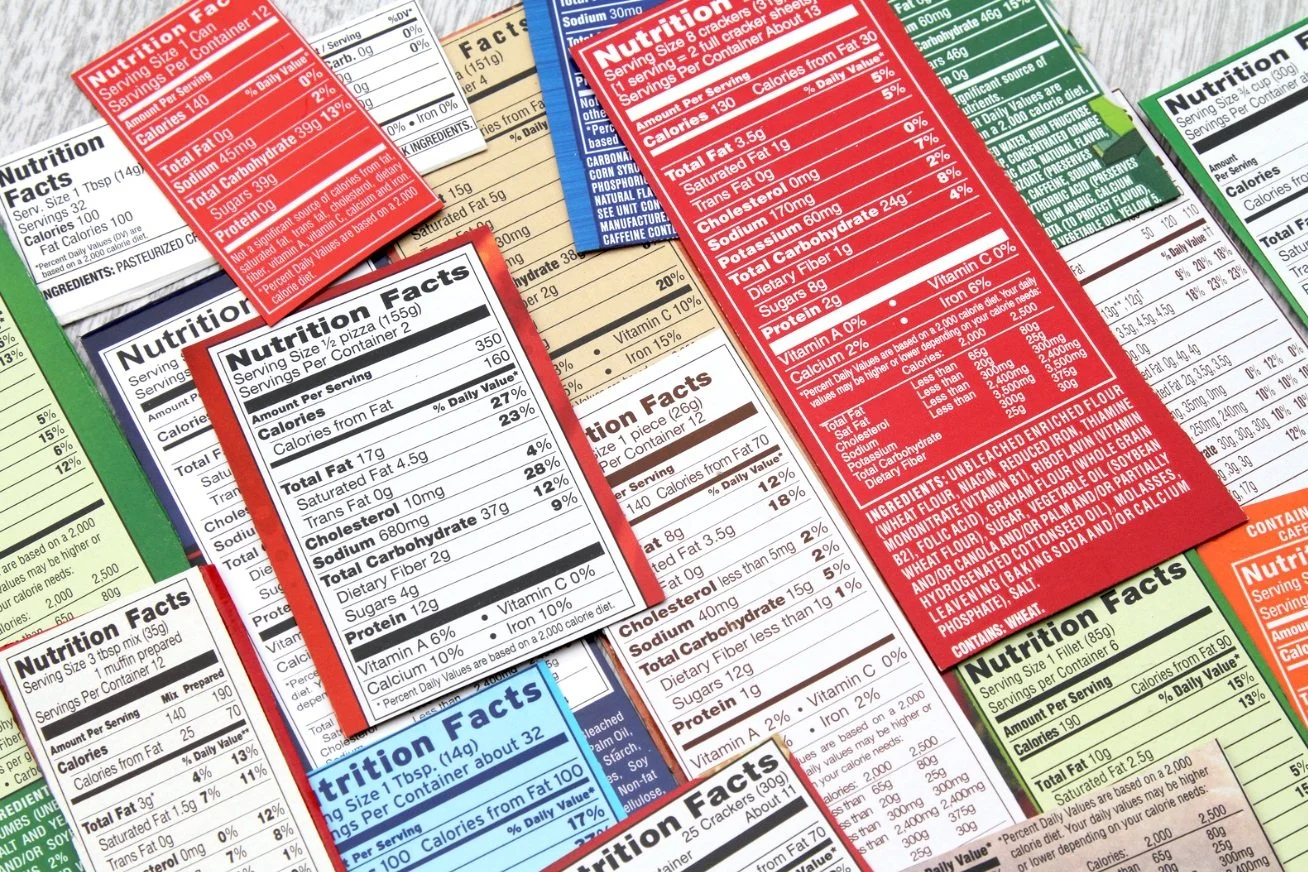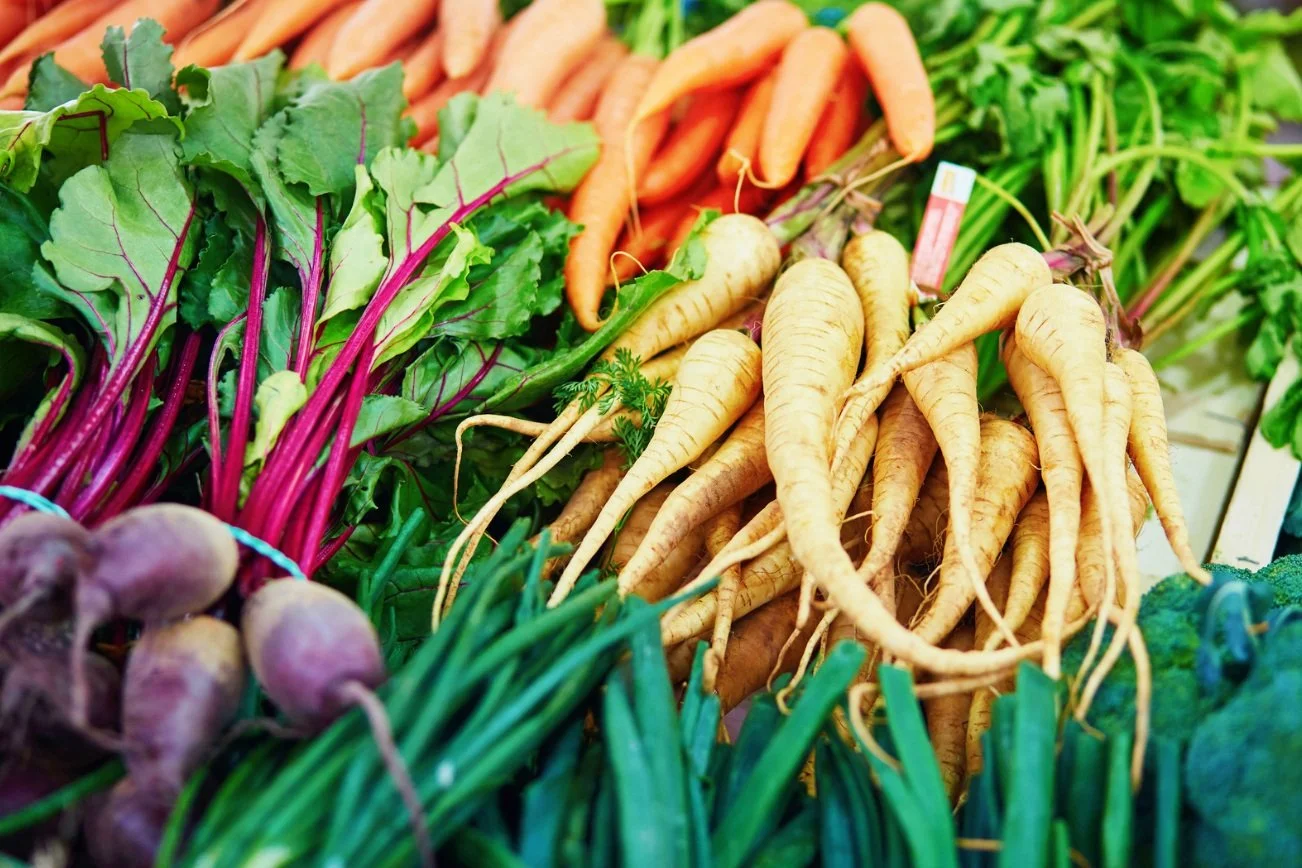What Is Healthwashing?
Wanna know what really gets me going? Healthwashing.
That’s when a company uses terms or labels on its food packaging that make its products look healthier than they really are. Like when a product is labeled as low in sugar or sugar-free, but contains a whole bunch of artificial sweeteners instead. Or when a label states the product is "natural" - which is a term that is completely unregulated and has very little meaning. Or when food is advertised as gluten free - but it never contained any gluten to begin with!
So often we are lured into purchasing foods that are not good for us because we believe what's printed on the product label. How many times have you been swayed by the words on the front of a box or package? Probably a lot - I know I have. The words used on food packaging have a huge impact - just look at these:
Low-fat / Fat-free / Sugar-free / Made with all natural ingredients / Made with real fruit / Cholesterol-free / Gluten-free / Dairy-free / Low-sodium / Vegan / Made with real ingredients
Get the picture?
This marketing ploy irks me so much. Like every time I walk into the grocery . . . which is a lot because I have 3 boys. And they eat all the time!
And I’m usually in a hurry (truly, I’d rather be somewhere else). Which means I make decisions in seconds - so I pick the products I’m familiar with. And if there’s a healthy food claim on the box I’ll choose that one - woo hoo!
The companies know that we’re going to choose the products with the claims on them that we really want to be true. Because we’re all looking for an easy way to fix whatever health problem is currently ailing us.
But the more I learn about nutrition, the more I’m questioning the health messages that show up on packaged goods and in the ads run by the food companies. Like when my favorite granola bar now says it’s a healthy alternative but when I read the ingredient list I find that it has a huge amount of added sugar. And a study from Austria shows that the more nutritional information we have, the more conscious we’ll be when choosing what foods we’re going to eat.
And get this. Another study published in the Journal of the Academy of Nutrition and Dietetics looked at whether snack foods that claim they are “vitamin fortified” affect “consumers’ information-seeking, purchasing decisions, and product-related health perceptions.” In fact, the study is called “Vitamin-Fortified Snack Food May Lead Consumers to Make Poor Dietary Decisions”. What does that tell you?
Here’s what the study showed:
Nutrient content claims on vitamin-fortified snack foods may influence consumers to make poor diet-related decisions by making them (1) less likely to look at the Nutrition Facts label, (2) more likely to purchase the fortified product, (3) more likely to think the fortified product is healthier than the non-fortified product and (4) more likely to incorrectly identify the fortified snack food as a healthier product.
Huh.
So here’s what I want you to think about. Think about ignoring those nutrition labels and reading the ingredient list. I mean like really reading it. Base your food choices on what’s actually in the foods not what’s identified in the nutrition label or plastered on the outside of the package in bright, pretty, promising words. If you can’t pronounce it - put it back.
Remember ingredients are listed in order of quantity. So the first ingredient in the list will make up the majority of the food item you’re purchasing. Of course you can always steer clear of the the middle aisles where the packaged foods reside. Shopping the perimeter of the store is always better as that’s where the fresh, whole foods live. And whole foods equals a healthier you.
Which is why I've chosen to write blog posts and offer recipes that focus on whole foods, how to take advantage of their therapeutic properties when using them in healthy dishes, and how to easily grow them in a small scale wellness garden. All in support of optimal health!
And if anyone tries to tell you that bag of chips is good for you because it says they're "all natural", you can send them a link to this post.
If you want to learn more about certain whole foods that are really good for you, grab my FREE downloadable PDF guide to 24 Inflammation Fighting Foods You Can Grow Yourself. Even if you don’t grow them yourself, you’ll know what to look for at your favorite grocery or market.








